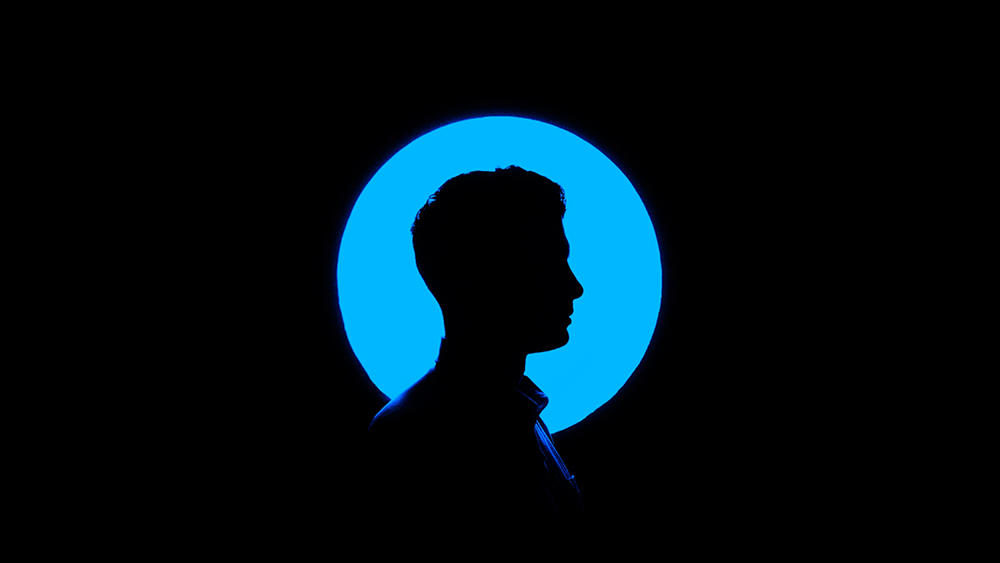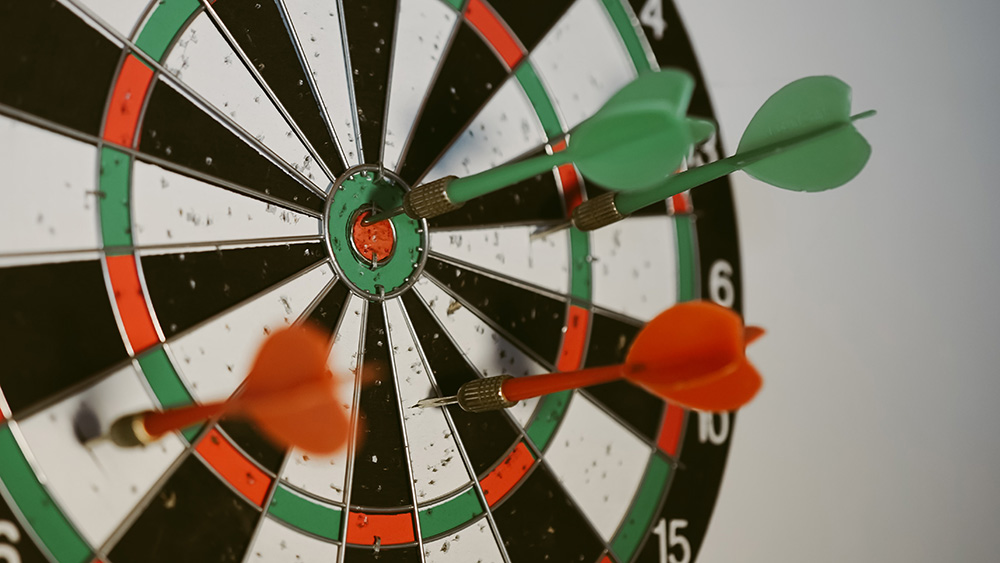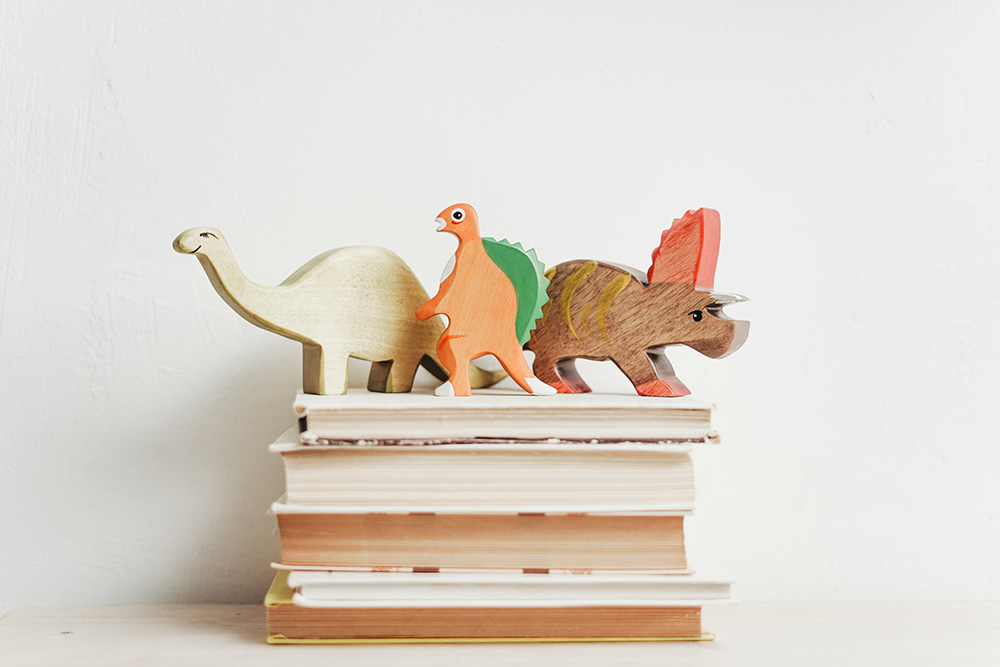Your Complete Checklist To Personal Branding

Personal branding is about taking charge of how you present yourself. Self-branding can help you increase your reputation as a leader if you strive to position yourself as an expert or become an influencer in your niche. You can build a personal brand that resonates with people all over the world by showcasing unique character traits and maintaining an active online presence.
Developing a personal brand can be an intimidating and mythical task. This gets exponentially harder if you do not know where to begin. That is one of the simplest ways to get lost in the weeds.
We now have to ask ourselves: What is your personal brand strategy? What is personal branding?
What is Personal Branding?

Personal branding is the practice of building a brand around an individual rather than a company. Personal branding is used to advance people's careers by positioning them as industry experts. A person can increase their social following and thus secure a better job, sell more products in their business, and increase their career opportunities by developing a personal brand.
Bear in mind as well that building a personal brand does not happen overnight; it can take months of planning and hard work to see results, and you may need to improve your brand after receiving feedback. This is also known as self-branding, and the terms will be used interchangeably in this article to mean the same thing.
You can create a personal brand statement to help you grow your brand. A personal brand statement defines your target audience, the value you want to provide to them, and why they should follow you (your USP). While developing your brand, you should use this 1-2 sentence statement to ensure that you stay true to it.
At this point, you can say - Alright, that’s all nice and well, but why is it important? That brings us to our next point:
What is so important about Personal Branding?

Personal branding is important because it lends credibility to a person. It's never been more difficult to find a new job or earn a paycheck. With more people developing personal brands, you must put yourself out there to be noticed.
Personal branding can also make it easier for recruiters to find experts like you, especially if you've been blogging for a while.
If you're applying for a higher-level position at a new company, you can highlight key data such as the number of followers you have, the amount of traffic your website receives, or other important metrics that will give you a competitive advantage over other candidates. Consider it something akin to an online portfolio about yourself. Branding yourself allows more people to learn about who you are and what you bring to the table.
Another thing it can also help you with is to land new opportunities, such as business deals or marketing partnerships, that you might not have otherwise, especially if you're a person of influence. Self-branding builds trust and credibility in your knowledge and abilities, so businesses know that collaborating with you will increase brand awareness. Authentically branding yourself by displaying your personality is an excellent way to differentiate yourself from others in your field and develop your brand. We'll go over this further later.
This then leads us to the next portion of our article:
How to make your personal brand better?

Once you've started working on your branding or brand strategy, getting feedback and making sure your self-brand matches your branding statement will help you improve your progress. Personal branding has been extremely successful for many people, but without a personal branding statement, it can be difficult to know when you have achieved success in your endeavours. It is critical to understand what constitutes progress to improve your branding.
We then have the following checklist for your brand strategy to start crafting your brand:
1. Be Laser Focused

When it comes to press and coverage, too many people are unfocused, attempting to be everything to everyone.
"Decide on your key message and stick to it," Cooper Harris, founder and CEO of Klickly, advises.
Her brand has undergone a dramatic transformation—from working actress to respected tech entrepreneur—and she has handled this transition by focusing on only one message at a time.
Keeping your message focused on your target demographic will make it much easier to create content around your brand while also allowing others to define you.
Adam Smiley Poswolsky, millennial workplace expert and author of The Breakthrough Speaker, advises speakers to "carve a niche, and then carve a niche within your niche." The best personal brands are extremely targeted."
Juan Felipe Campos, VP of Technology and a Partner at Manos Accelerator takes it a step further by focusing on the communities that he targets with his large-scale clients. "To become memorable within a targeted community, keep your message and content consistent to one niche topic."
The more focused and narrow your brand, the easier it is for people to remember who you are. When the time comes to hire a speaker or a new employee, your water-tight brand will be what they remember.
2. Authenticity

Being genuine and authentic is a simple way to have an original personal brand. Monica Lin, millennial influencer and head of marketing at Popular Demand, says, "People can see right through a deceptive act."
The more obvious that a brand is a knockoff, the more the audience will point it out to the perpetrator. Monica's brand grew significantly after she began engaging with her audience more meaningfully on Twitter.
"Be sincere. It will make managing your brand much easier "Elumynt's Facebook ads expert, William Harris, explained.
Your brand should be a simple daily filter through which you create content and reach out to your target audience.
Finally, CoinState founder Justin Wu says, "Be a master of your craft, skillset, or industry before starting a personal brand." Then your content will help to highlight who you are."
When he first started building his brand, he gained a reputation as an expert in his field, which he then amplified on social media.
If you have strong expertise in one area, your reputation will help you build the brand you eventually want to have.
3. Story Time

You've already lost half of your potential audience if your brand isn't conveying a narrative.
"The most effective personal branding technique these days is to develop a real story - single character monologues are boring in Tinseltown, and much more boring for your brand," says Allen Gannett, chief strategy officer of Skyword and author of The Creative Curve.
No one wants to hear you yell about your business into the social media abyss, so build a story around it that your audience can participate with. Allen meets and speaks with his audience in airports all around the world daily, furthering his warm and pleasant personal brand.
One of the most effective methods to share that tale is through written or video material. This is certainly the case with Pelpina Trip, a social video strategist. Her own LinkedIn video channel has some of the best levels of interaction on the network. She has the following gem of wisdom to share - "Video is the most intimate method to connect online. Simply use your smartphone to video chat clients, interact with coworkers, and build a personal connection with new clients. After all, you're always carrying your smartphone!"
4. Consistency!

Being consistent is related to having a specific focus — it's simpler to get recognised if you develop content and brand language around it consistently.
"Make sure your brand promise is consistent online and offline," says Fyiona Yong, director and millennial leadership coach (ICF ACC). She works with millennials in the corporate setting regularly to help them clarify their more conservative job goals.
"You must be consistent in your message, gravity, and look. Don't underestimate the impact that minor irregularities can have on personal brand efficacy."
On the other hand, CyreneQ, a top Snapchat storyteller, advises "something consistent either physically or personality-wise. Something distinct that people may associate with your brand and recognise as yours. For example, having a sidekick mascot or having a slogan that you repeat after each video - anything that people may fall in love with." Ele, her companion mascot, has received millions of views each Snap for marketing work, allowing her entertaining personal brand to represent large box retailers such as Walmart and DC.
So, whether you're establishing a crazy, outrageously entertaining brand or one that's a little more conventional and business, consistency is essential.
5. Be Prepared For Failure

Failure is difficult and we all want to avoid it. That’s just human nature, plain and simple. However, to establish a personal brand that stands out from the crowd, you must first fail.
When Walt Disney reminisced about his failed initial attempts at developing an animation brand, he frequently mentioned this. "I believe that having a good hard failure while you're young is vital. That experience taught me a lot because it makes you conscious of what may happen to you." And the worst-case scenario is never as terrifying as not trying at all.
When Timothy Hoang, CEO of Stories By Tim, Inc., is developing influencer clientele, he tells them, "You'll never attain the greatest branding unless you fail a couple of times while pushing over your comfort zone." The absolute finest brands are usually the result of persistent trial and error, blunders, and failures, rather than immediate perfection.
6. Impact Positively

Following the development of your brand over time, there are typically two methods to continue to expand your brand: jump over others and burn bridges, or slowly construct a community around your brand. Maintaining a positive attitude and assisting people will only help your brand develop in the long term.
7. Follow The Footsteps Of Those Who Have Succeeded

"Individuals interested in personal branding or personal brand strategy should start promoting themselves like the celebrities and prominent people they look up to daily," says Jason Wong, CEO of Wonghaus Ventures.
His brand has gone viral multiple times, on topics such as ice cream in Japan, inflatable pool toys, and memes, earning him the moniker of "Meme King."
His success is frequently derived from researching trends and prominent personalities on various social media sites and then replicating them with a twist.
Creatively analysing social statistics and identifying the next big trend is also possible if you pay attention across all social media platforms rather than just one.
8. Live, Breathe, Be Your Brand

As previously said, one method to make developing a personal brand harder for yourself is to disconnect your brand from your personal life.
While it is undoubtedly possible, it is simpler to have your actual lifestyle and brand be the same when first developing a personal brand.
Tim Salau, a community builder and creator of Mentors & Mentees, who works with college students to help them establish brands that will get them employed, agrees. "Your brand should accompany you everywhere you go." It must be an accurate representation of who you are and must enhance what you think."
With this in mind, your brand reflects not only a set of professional tasks such as marketing, finance, or creatives, but also ideas such as giving back, thoughtful leadership, or mentorship.
9. Your Story Must Be Told!

Word of mouth is the most effective kind of public relations. Developing a public personal brand is no exception to this norm.
Aaron Orendorff, Shopify Plus's editor in chief, conveys his narrative through colourful videos and the occasional rabbit co-host or two, and his audience remembers.
They can recollect the vivid costumes and animal companions and connect those aspects of the tale to their understanding of his brand. "Personal branding is the tale people tell about you while you're not in the room," he says eloquently.
"All you have in your life is your name and the reputation you earn," says Jessie Maltin, co-host of Maltin On Movies, who works with her father, famed film critic Leonard Maltin.
10. What Are You Leaving Behind?

After you've established your brand and created a reputation and community around it, the next stage is to consider the legacy you'll leave behind. What are the terms and acts for which you wish to be known?
"Developing a personal brand is far greater than building a business," says Blake Jamieson, artist of Blake Jamieson LLC who creates pop art portraits of notable tech and sports figures. Legacy is the only viable escape plan."
Closing Words
At the end of the day, a personal brand is a lifetime undertaking that grows and changes all the time. Even the specialists who establish or enhance the world's most recognisable brands understand the golden rule of brand strategy which is - there are no hard and fast rules for developing a personal brand.
Creating a personal brand might help your company reach new heights. Following a mix of personal branding guidelines such as being real, consistent, and sociable will help you succeed in your job. I understand that putting oneself out there might be frightening, but the payoff far outweighs the risk. You can make a significant difference in the world. Your legacy is entirely in your control!
More articles please read Copywriting For SEO: Absolute Beginner's Guide!

